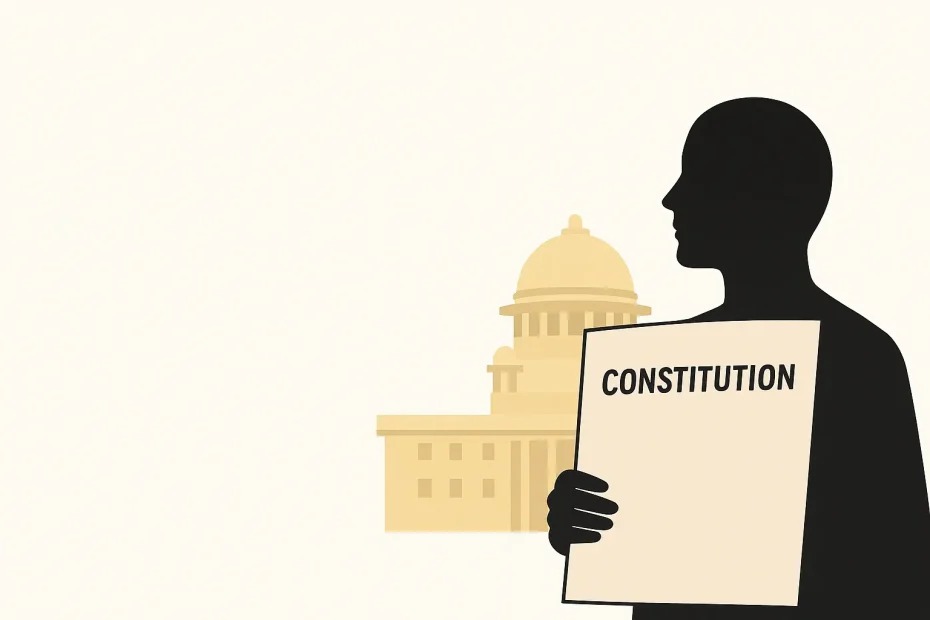In a significant development in the ongoing legal tussle between two leading television news figures, a Delhi Court has directed an investigation against Times Now Group Editor-in-Chief Navika Kumar in a defamation case filed by Arnab Goswami’s ARG Outlier Media Private Limited.
Court’s Direction Under BNSS, 2023
ACJM Siddhant Sihag of Patiala House Courts passed the order on Tuesday, invoking Section 225 of the Bharatiya Nagarik Suraksha Sanhita (BNSS), 2023, which empowers a Magistrate to postpone issuance of summons or warrants when the accused resides outside the court’s jurisdiction. The judge noted that Kumar resided beyond Delhi’s territorial jurisdiction and, therefore, deemed it appropriate to order an investigation before proceeding further.
“Given the facts and circumstances, I deem it appropriate that we carry out an investigation in the instant matter u/s 202 Cr.P.C. / 225 BNSS. I will send a copy of this order to the concerned SHO for necessary action. The IO will file the report on or before the next date of hearing,” the order stated. The authorities have now listed the matter for further hearing on February 26, 2026.
The Defamation Allegations
The defamation complaint, filed by ARG Outlier Media, alleges that Kumar made defamatory and unsubstantiated remarks against Arnab Goswami during a Times Now prime-time broadcast on January 18, 2020. According to the complaint, the broadcast distorted the contents of the Mumbai Police chargesheet in the alleged TRP scam and presented Goswami in a negative light.
The petitioner contended that Kumar’s remarks were not only misleading but also intended to damage Goswami’s professional reputation and credibility. Advocate Ayush Jindal appeared for ARG Outlier Media in the proceedings.
Background: TRP Scam and Rivalry in Media
The highly publicised TRP rigging controversy arises from accusations against Republic TV, led by Arnab Goswami, and several other channels for manipulating television ratings. In its chargesheet, the Mumbai Police claimed that Republic TV’s alleged role in the scam resulted in a ₹431 crore loss to Times Now, Republic’s rival.
The allegations set off a fierce media rivalry, with competing channels exchanging barbs on-air and in legal forums. Arnab Goswami’s company has consistently maintained that rival networks are targeting Republic TV, while they have relied on the police findings to question Goswami’s credibility.
A Clash of Media Titans in Court
The present case against Navika Kumar is yet another chapter in this bitter rivalry between leading media houses. By directing a preliminary investigation, the Delhi Court has signaled that defamation claims in high-profile media disputes deserve judicial scrutiny before trial.
At the same time, the matter raises larger questions about the limits of free speech in journalism and the thin line between legitimate criticism and defamatory content. With both Arnab Goswami and Navika Kumar commanding massive influence in Indian television news, the outcome of this case may set a precedent for how courts balance press freedom with reputational rights in the age of competitive broadcast media.
Conclusion
The Court’s order does not amount to a finding of guilt but ensures that someone examines the allegations of defamation thoroughly before proceeding further. As the matter moves forward, it will attract nationwide attention, not only because of the personalities involved but also because of its implications for media accountability and freedom of expression in India’s democracy.
